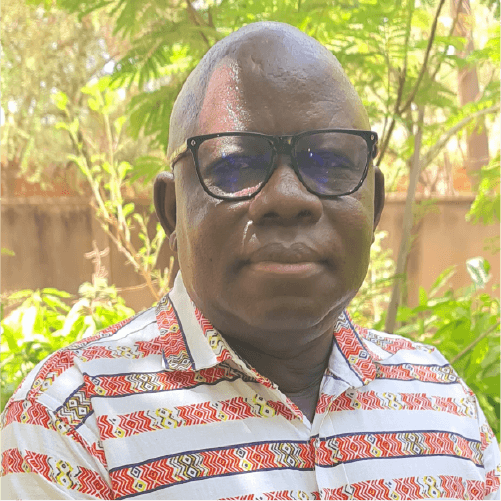Description
The livelihood and food security of the West African population depends on rain-fed agriculture, which is vulnerable to climatic hazards. To complement the cereal-based diet, the contribution of forests and trees to nutrition is essential. Indeed, trees and shrubs are important sources of food (fruits, nuts and vegetables) rich in vitamins and minerals that are very useful in filling the micronutrient deficiency that is a major public health problem in West African countries. Unfortunately, these fruits are underused, due to a lack of knowledge of their importance or of the appropriate techniques for intensive production.
The present project there for aims to promote the consumption of fruits produced by indigenous tree species, and the cultivation of three improved local fruit trees, namely baobab (Adansonia digitata), jujube (Ziziphus mauritiana) and tamarind (Tamarindus indica) for the intensive production of good quality fruits. The project teaches actors and beneficiaries of the Food System Resilience Program (FSRP) of West Africa, especially women and youth, on nursery propagated seedlings using scions collected from superior accessions/varieties available at CIFOR-ICRAF. Scaling up this technique can help boost the incomes of women and young people and thereby reduce the number of volunteers leaving for migration. This project is implemented by a consortium including World Agroforestry (ICRAF), the Institute of Environment and Agricultural Research (INERA) of Burkina Faso and the Forestry Research Institute of Ghana (FORIG). It is one of the commissioned projects of sub-component 2.1 of the FSRP to complete and make available to end-users technologies and innovations capable of transforming its priority value chains.






















